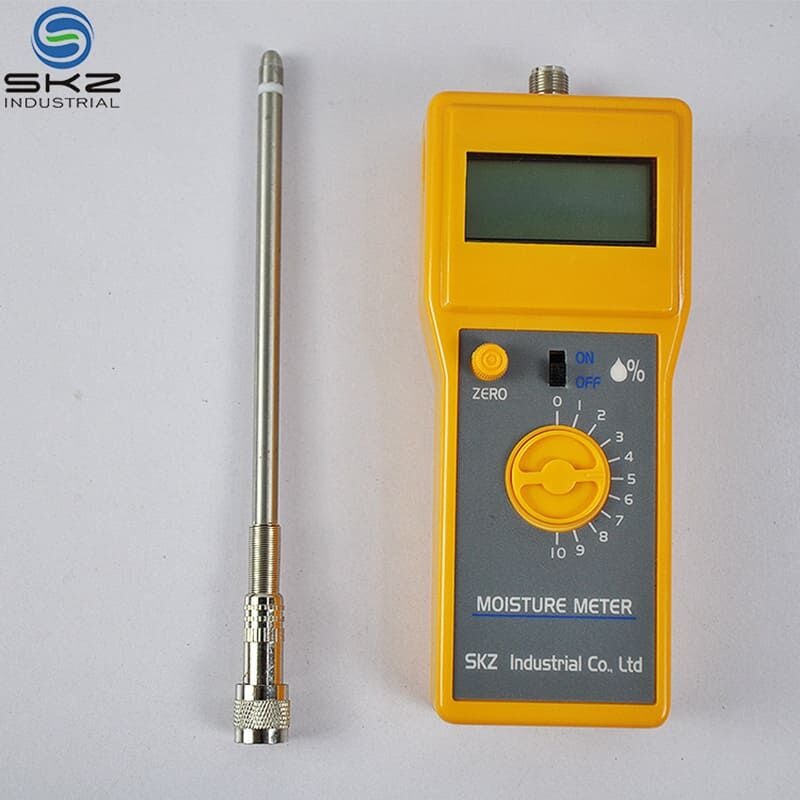
Humidity testers are widely used in many fields. Here are some of the main application areas and their specific uses:
Agriculture:
Soil moisture monitoring: Help farmers understand the moisture content of the soil, so as to optimize irrigation and ensure healthy growth of crops.
Crop management: Help improve crop yield and quality by monitoring the moisture requirements of plants in real time.
Construction:
Building material testing: In building construction, detect the moisture content of materials such as concrete, gypsum and wood to prevent structural problems caused by moisture.
Indoor environment monitoring: Monitor indoor humidity to prevent mold and other humidity-related problems and ensure the health of the living environment.
Wood processing:
Wood drying control: During wood processing, monitor the humidity of wood in real time to ensure that it is dried to the appropriate level to prevent deformation or cracking.
Food industry:
Food storage and processing: Monitor the moisture content of food to ensure that the food maintains optimal humidity conditions during storage and processing to prevent corruption and deterioration.
Pharmaceutical industry:
Drug production and storage: Control and monitor the humidity of the drug production environment to ensure the quality and stability of the drug.

